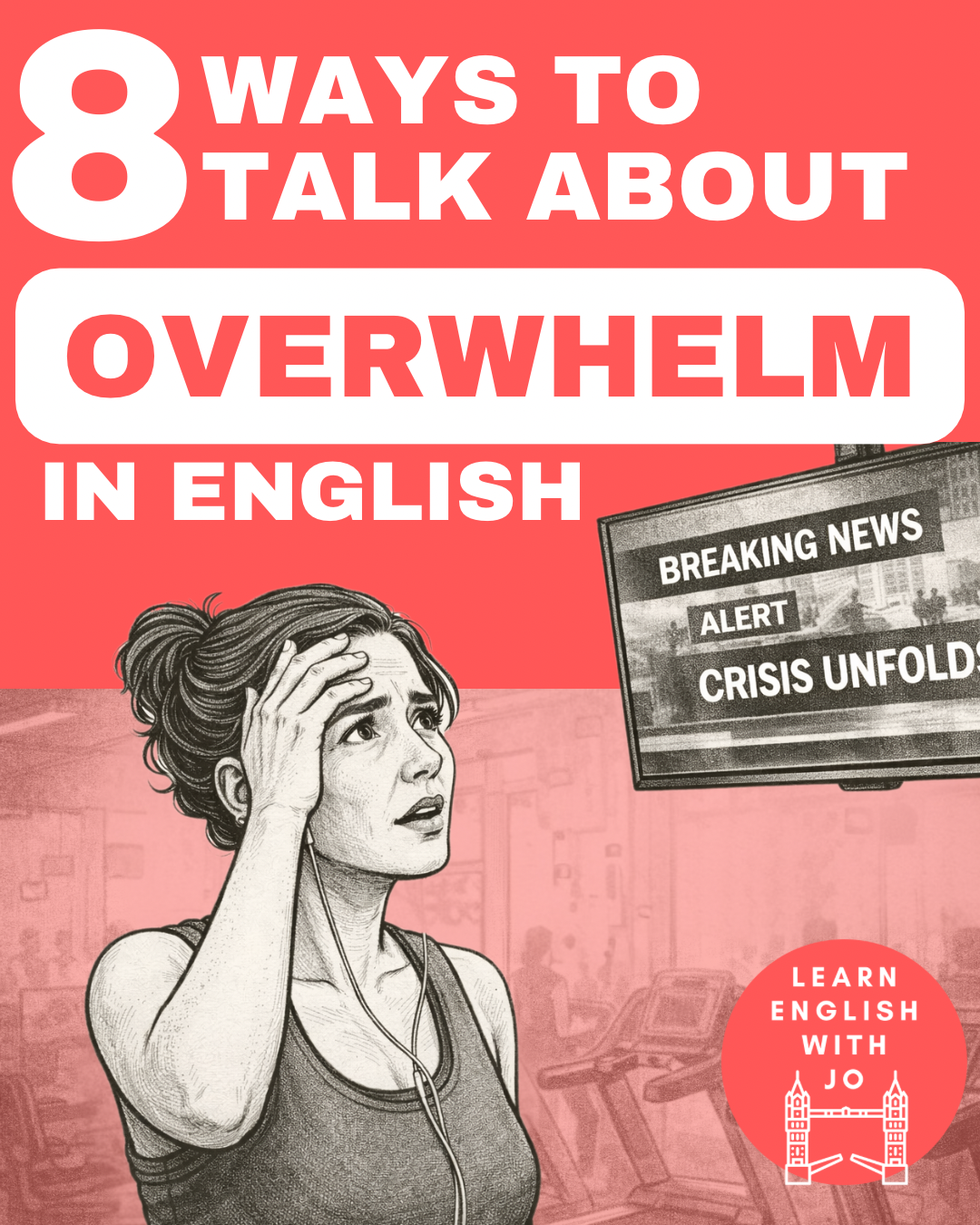Learn English with Jo
Hi, I’m Jo and this website is a space for curious, thoughtful learners who want to speak British English more fluently and confidently, especially in real-life situations.
Here, you can:
Book a one-to-one online conversation with me and practise speaking English so that you can start feeling more like yourself in the language.
Buy my printable English learning resources such as English conversation cards and ebooks..
Order Custom British English Audio Recordings I offer personalised audio readings in a clear British accent, perfect for everything from speeches and presentations to children's stories and personal projects.
Get my newsletter for extra bits, freebies, and updates




